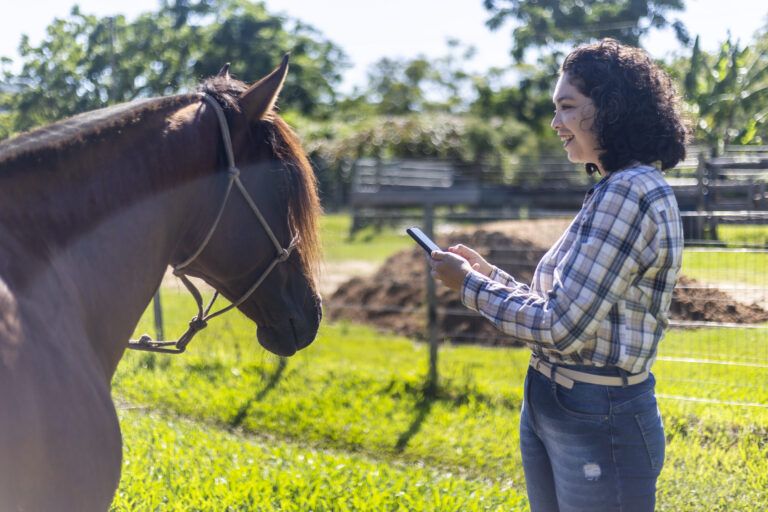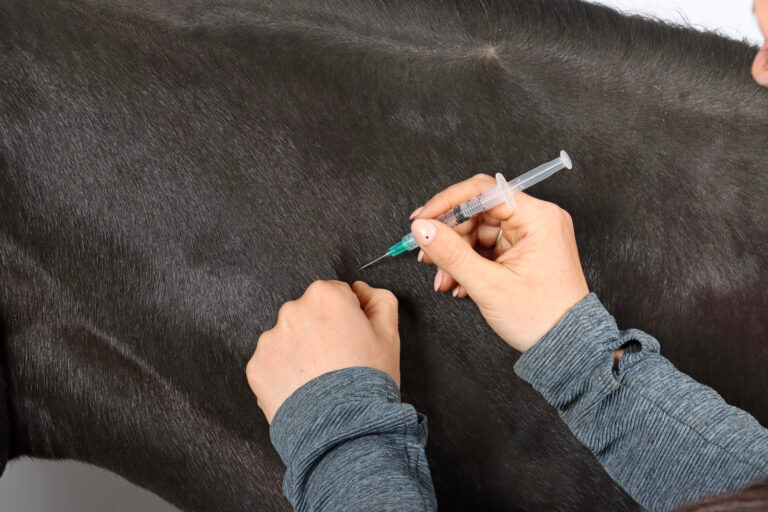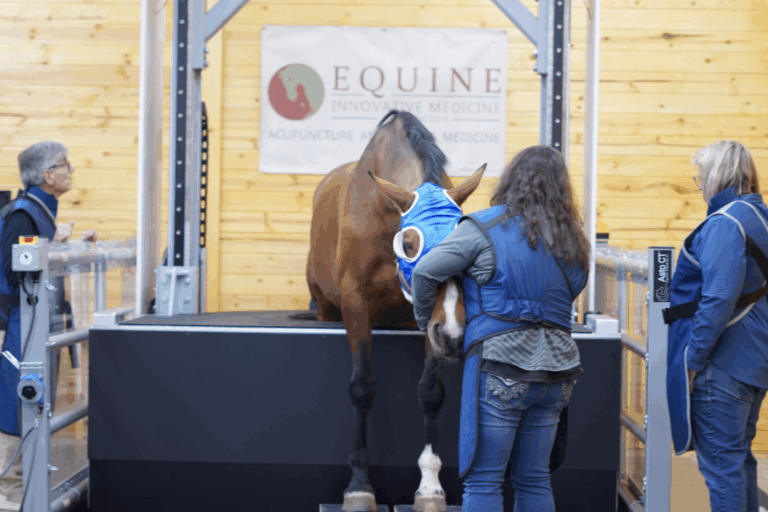
Chris Proudman, VetMB, MA, RCVS, PhD, and head of the School of Veterinary Medicine at the University of Surrey, spoke at the 2022 British Equine Veterinary Association (BEVA) conference. He discussed the impact of the equine microbiome in a foal’s early life period and its importance on the horse’s health in later life.
A study tracked the health of a horse over the initial three years of its life using weekly health data about illness events and duration. A study evaluated 52 foals from five Thoroughbred racehorse studs in southeastern England. Fecal samples (n=445) and blood samples (n=178) were obtained weekly.
Proudman explained that in a foal’s first month, fecal bacterial communities are primitive and immature, but they develop rapidly. After three months, they look similar to bacterial communities compared to the end of the first year of life and to adult horses. The diversity of bacterial communities, i.e., the number of unique species present, plateaus at three months of age. Dominant bacterial families change over the foal’s first three months, with fiber-degrading bacteria increasing as a foal is weaned.
Health events—orthopedic, soft tissue, gastrointestinal and respiratory illness—were considered in the study. By one month of age, there is an association between the diversity of bacterial communities and subsequent risk of respiratory disease at any time in the future. The higher the level of bacterial diversity, the less risk for later-life health events, including soft tissue/orthopedic, gastrointestinal and especially respiratory conditions.
Humans show a similar association, noted Proudman.
Management practices were not found to have an association with gut microbial populations in the equine microbiome.


![[Aggregator] Downloaded image for imported item #18383](https://s3.amazonaws.com/wp-s3-equimanagement.com/wp-content/uploads/2025/09/30141253/EDCC-Unbranded-29-scaled-1-768x512.jpeg)

